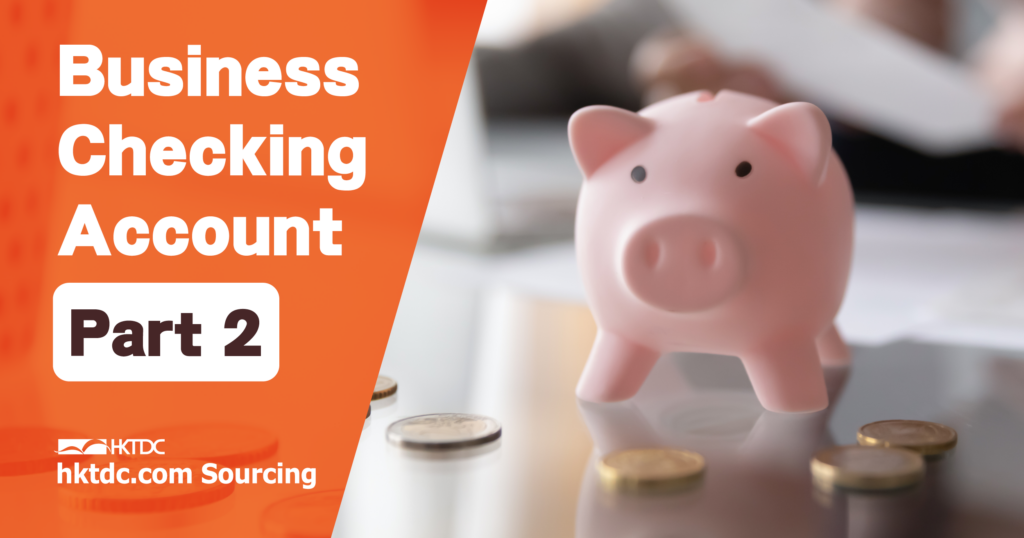For small business owners like some of you, a business checking account can benefit you with several compelling reasons:
- Streamlined Accounting: Easily track your business’ cash flow, making it simpler to manage payments from customers, suppliers, and operating expenses. Some banks even offer integration tools to connect your business checking with bookkeeping or payroll software.
- Tax Simplification: A business checking account can make paying quarterly estimated taxes less of a headache, and it helps you clearly separate business and personal transactions for accurate tax filing.
- Professionalism and Credibility: Your clients and customers will trust your business more when payments and transactions are made through an account with your business’s name.
- Credit Access: A business bank account makes it easier to access credit when you need a loan.
- Protecting Assets: Keeping personal and business assets separate can protect your personal assets if your business faces legal issues or debt problems. A business checking account may offer limited liability protection, and merchant services can keep customer information secure.
- Preparing for Future Growth: It opens doors to future options. It legitimises your business when applying for a business credit card or loan and makes handling financial accounting, including employee payroll, much smoother if your business grows.
Learn More:
What Makes a Good Business Checking Account?
Consider the following factors when choosing a business checking account:
- Cash Deposit Limits: The amount of cash you can deposit into your business checking account each billing cycle may be limited by some banks. If your business frequently deals with cash transactions, finding an account with a sufficiently high cash deposit limit is essential.
- Initial Deposit: As a small business with limited resources and funds, find small business accounts with a reasonably low initial deposit.
- Transaction Limits: Look for banks that impose transaction limits on your business checking account. They might restrict the number of transactions you can process monthly, including teller deposits, ATM deposits, cheques, and electronic debits and credits.
- Fees: Business checking accounts often come with monthly maintenance fees. Review the bank’s minimum balance and transaction requirements to avoid unexpected expenses.
- Bundled Services: Some banks offer enticing benefits by providing fee waivers for a business checking account when you sign up for additional services like merchant services or business credit cards, which add value and convenience.
- Interest: While business checking accounts aren’t typically known for offering high-interest rates, some accounts provide interest on your balance. Take a closer look at the interest rates and calculate if they outweigh any associated fees.
- Cashbacks: Many small business accounts include free business debit cards with cashback or rebate offers. These cashback rewards can be an excellent way to increase your earnings!

How to Open a Business Checking Account?
Once you’ve made your decision on the bank where you want to open your corporate or business bank account, here are two methods to apply:
Apply Online:
Some banks offer 1-day express account opening services online, just get your documents ready and fill out the form on the bank’s website, then it’s done!
Go to the Bank:
Some banks may require you (the director) and other authorised signatories to be physically present at the bank to open the account.
If you prefer the traditional way, go directly to the bank and inquire about their requirements.
Usually, you’ll need to submit documents like:
- Bank Account Application Form
- Board resolution with signatory appointment details
- Certified copies of your local Identity Card/Passport of directors and authorised signatories (including residential address info)
- Certificate of company incorporation
Depending on the bank verification procedures, some can get it done in a day, and others may take a few weeks.
This article is originally published by Aspire:
Aspire is the all-in-one finance platform for modern businesses, helping over 15,000 companies save time and money with international payments, expense management, payable management, and receivable management solutions — accessible via a single, user-friendly account.




















